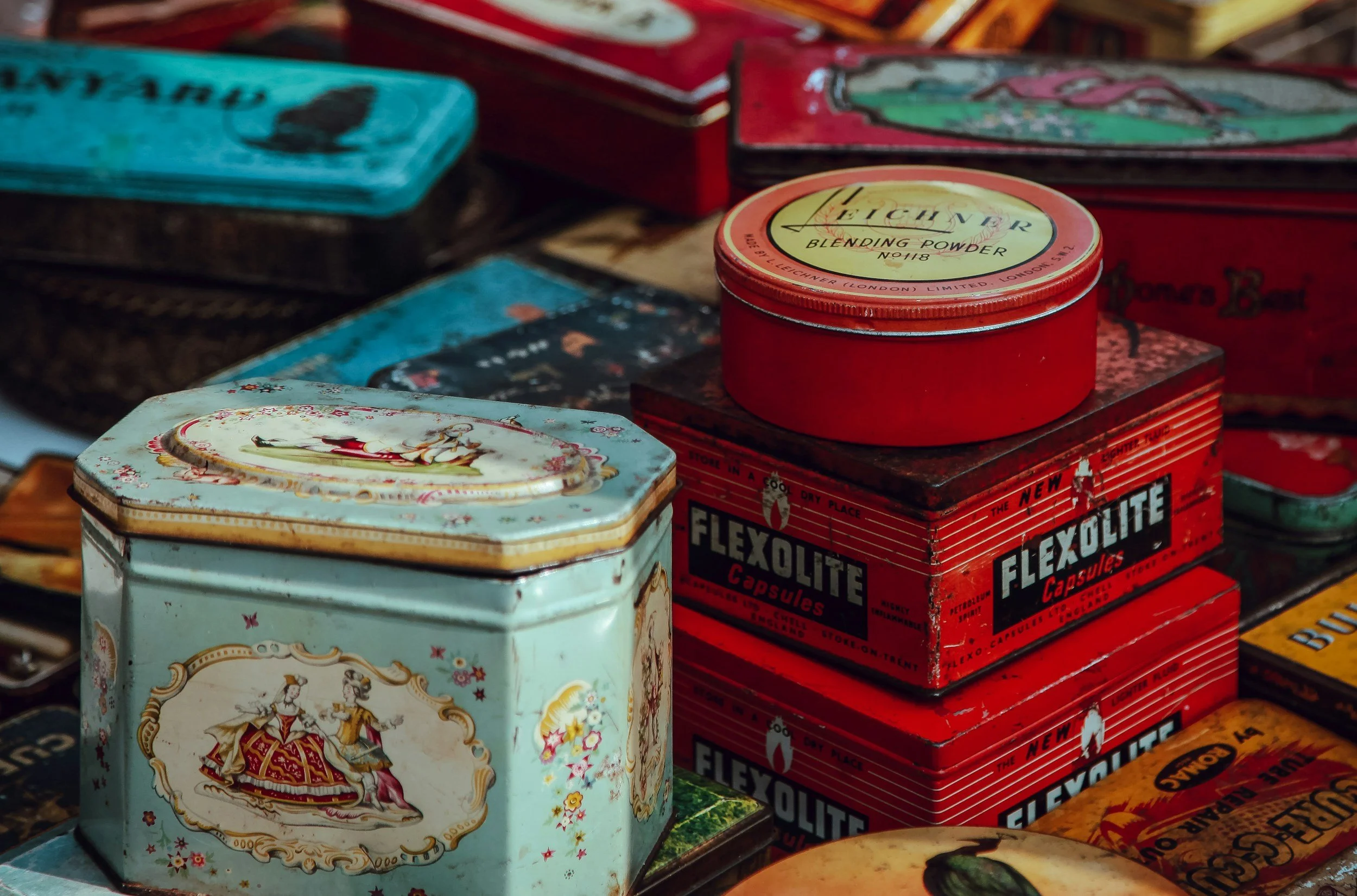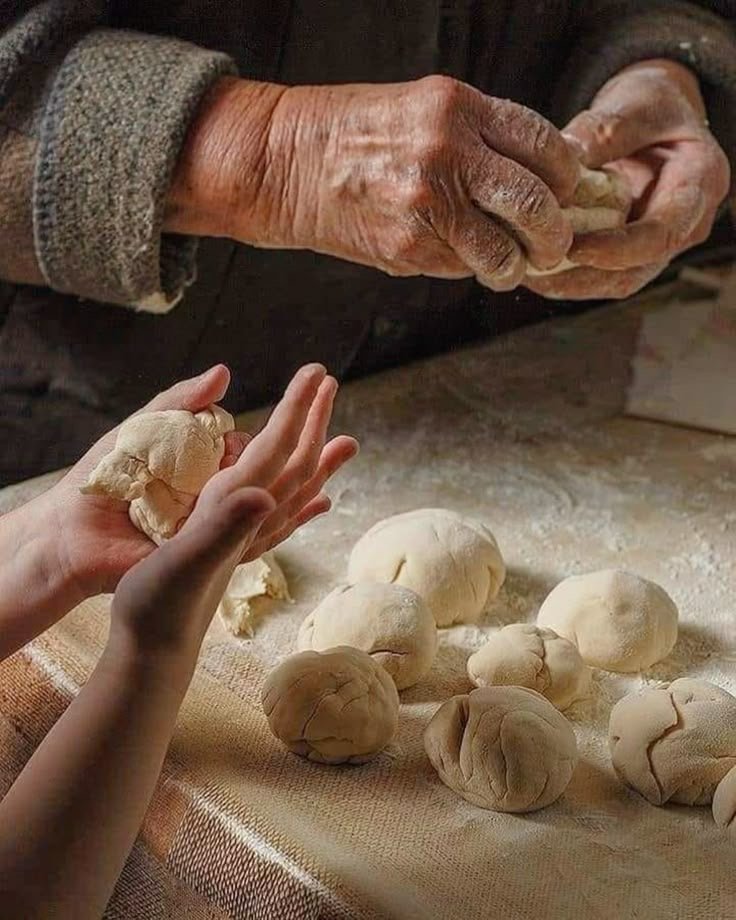Filling the Emptiness
My two young children, clad in neon swimsuits, danced around impatiently in the backyard, checking on the progress every now and then. Our new inflatable pool—turquoise and gray with an attached blow-up slide—was being filled with the garden hose; it was taking forever for any noticeable progress. It was mid-June and the Wisconsin weather was in the low seventies; I wasn’t about to tell my kids that even when the pool had filled to an acceptable volume, the sun still had to heat the water, cold and sputtering from the spigot, and that it was likely to take days, not hours. Still, their anticipation was contagious, and every so often I ran to the kitchen to fill old gallon milk jugs with hot water to try to speed the process along for them.
*
Lying in her hospital bed wearing a faded gown and a puffy paper cap, my mom looked small and vulnerable. Twenty some years earlier, my son had ear tubes implanted to counter his constant infections; I remember bright colored dinosaur hospital pajamas and an equally puffy surgery cap on his little head; he looked silly and cute. Conversely, my mom looked old, and tired, and anxious as she waited for hip replacement surgery, but maybe the anxiety was mine. When it comes to my mom, everything is a puzzle; I’m never sure what she’s feeling. And when I’m with her, my own feelings, jumbling around like bingo balls, elude me, too.
Before her hip surgery, my mom’s lack of mobility put me on call. I’d been making the three-hour one-way drive regularly to visit, to drive her to appointments, or to help her in her apartment. On several visits I found bags of stale garbage, streaks of grease staining the cooktop and crumbs splayed across the floor, so I hired a cleaning service to help ease my burden. When my mom rehabbed in the nursing home after surgery, I used the time alone in her apartment to empty the fridge—reaching back for the forgotten foods that were shrunken and rotten. I ran her dishwasher, plates and bowls abandoned inside sat crusted and molding; my thrifty mother never starts the cycle until there is a full load. These were not acts of grace: I stripped her bed and cleaned her bathroom and felt desperately annoyed.
When I was growing up, my mom was a working mother. She always had a full-time job, although she vacillated between working at night in the medical transcription office in the hospital and bringing her work home, completing her typing at the kitchen table while my dad was at work and my brothers and I were at school. I never felt her absence because of her working, but neither was she involved much in my life at home or at school. She wasn’t a crafts mom, or a cooking mom, or a community-involved mom, or a social mom, or a Girl Scout leader mom—she was a working mom. She wasn’t negligent, but I don’t recall getting tucked into bed, or snuggling together on the couch, or having her oversee completion of homework. My mom was always there, but she was never right there like so many of the neighborhood moms that I knew back then.
The night before I moved away to college, I made plans to go to my best friend’s house for a final sleepover. I searched around my house to find my mom to tell her I was leaving and found her lying on her side on my parents’ gold flowered bedspread, her back to the door. “See you in the morning,” I called out. Her response was muffled; she was crying.
I understood that it made her sad that I wasn’t spending the night at home with my family, but it also confused me—what would we possibly have done together?
Even as I got older and could better understand my mother’s limitations—for she was wounded early and deeply by her mother—she and I have never been close, not really. I never talked to her about problems I was trying to sort out or confided in her or shared any of the secrets I carried around with me. I never cried on her shoulder when I felt overlooked or overshadowed or overcome by others. She was always there, but somehow always in the background, a secondary character of my life story.
There is an intimacy in helping one’s mother into a hospital gown, in sitting in the vinyl recliner next to the bed as she dozes off, and in helping her hobble out of bed with the curls of her hair smashed flat. It’s not that I am uncomfortable with this kind of intimacy, it’s that with my mother, there isn’t a solid foundation for it. It’s not supported by hundreds of small moments that would lead me there naturally.
*
It is nearing Christmas, and, as is tradition, my mother has arrived at our house for the week. My dad passed away a decade ago, and so for years I have made the three-hour drive to bring her to us, but this year she insists on taking the Greyhound bus to help free up my time. Although I am officially retired, I am in graduate school and working part time, and my mom is being considerate, yet when she arrived, we learn that she struggled with the automated parking meter and her car is sitting unpaid in a downtown Milwaukee lot, vulnerable to getting booted or towed. My mother has handwritten a note—explaining why there is no payment receipt—and stuck it to her windshield, insisting that this will insulate her from any fines or worse. My husband, more patient than I, volunteered to get up early the next day and drive to Milwaukee to make it right.
Earlier in the week, before my mother arrived, I had my first essay published—an accomplishment that made me proud. I sent the news and a link to my essay to my mother’s email; the next day I texted her, asking if she had read it. She responded, “My computer does not allow me to open anything”, but also wrote that she would try again later, as if coaxing the computer with time to think about it might help. My mom’s computer did not comply, and my essay went unread.
*
It had been a full twenty-four hours of waiting; the fingertip test determined the pool water is still quite chilly, but I cannot make my children wait much longer. We pulled out pool toys, balls and boats, and they, resilient in their elementary school skin, jumped in. I tinkered around the yard as they played, performing tedious chores, watering plants and pulling weeds, but with the melody of child’s chatter interrupted by only occasional bickering, the afternoon rushed by, near-perfect moments already becoming memories, passing through my fingers like water.
*
The night my mother arrived, after sorting out the confusion about her car in the bus station parking lot, she asked me to pull up the essay on my computer so that she could read it. We had just finished dinner and as my husband and I began to clear the dishes, I placed my laptop in front of my mom. My mom sat at the table, quietly reading. Eventually I took a seat on the couch and, like a small child who has just accomplished a new task, waited reflexively for my mother’s approval. My back was to her, and soon I heard her slippers shuffling into the kitchen and the refrigerator opening; then my mother came over to the couch where I was sitting and said, “Very interesting.”
The television was on—a football game, with jarring, incessant blowing of whistles and noise from the crowd—and my husband joined us after taking the trash out. My head spun as I tried to focus on the game; my jaw clenched when my mom asked my husband a question about a referee’s call. That, I seethed in my head, is what you want to know more about?
My essay was a painful, personal reflection about watching my daughter struggle with a hardship, and about me having to helplessly witness or learn second hand about people treating her badly because of it. I was proud of many things: my writing, my honesty, my strong relationship with my daughter. “Very interesting” was not enough.
But then, with my mother, nothing ever was.
*
The summer of the inflatable pool was a good one. The pool was big enough to keep the kids and their neighbor friends interested, soft enough to keep injuries at bay. Our back lawn suffered though, with large patches of mud forming under the weight of the pool, encouraged by escaping splashes and tamped down by small sets of bare feet. Every few weeks I’d drain it and move it to a new spot, encouraging grass to re-grow in the old location, and pulling out the garden hose to refill the pool—to refill these moments of childhood joy—over and over again.
*
Christmas had come and gone, and this year, I was ready for it to be over. I stripped the house of its holiday knickknacks and lights, I undressed the tree and pulled it out to the curb. My mom was in the guest room packing her gifts into her suitcase and preparing for her bus ride home the next morning. I was seated at the kitchen counter with my back to the guest room when my mother startled me. She is not stealthy, but I hadn’t heard her move into the room behind me. She said, “Those things that you wrote, they all happened to her?”
I let out a breath, annoyed. It wasn’t like she didn’t know her granddaughter, or as if she hadn’t been around as my daughter grew into the adult she is now. “Yes, Mom,” I sighed.
My mother’s words wobbled, “It makes me cry, thinking of her being treated like that.”
I couldn’t turn around; I couldn’t risk it. Just a few days ago I’d been crying in my husband’s arms about how my mother never knew what I needed from her, couldn’t give me what I wanted, had always been incapable of what I felt was a mother’s task: filling up my emptiness. Yet here she was, coming back around, challenging my assumptions. I always expected immediacy from her, but maybe my mother needed time.
I didn’t know how to respond, and so I didn’t. We both were quiet, unsteady on this rickety bridge between us.
“She’s lucky to have you,” my mom said and went back to finish her packing.
-Pam Anderson
After 30 years of helping young people with their writing as a high school English teacher, Pam Anderson retired and decided to dedicate energy to her own work. She has completed her MFA in creative nonfiction at University of Nevada-Reno/Lake Tahoe. Her essays, interviews, and criticisms have appeared in Creative Wisconsin, HEAL, Bookends Review, Prospectus Literary, Chicago Review of Books, and other publications.




